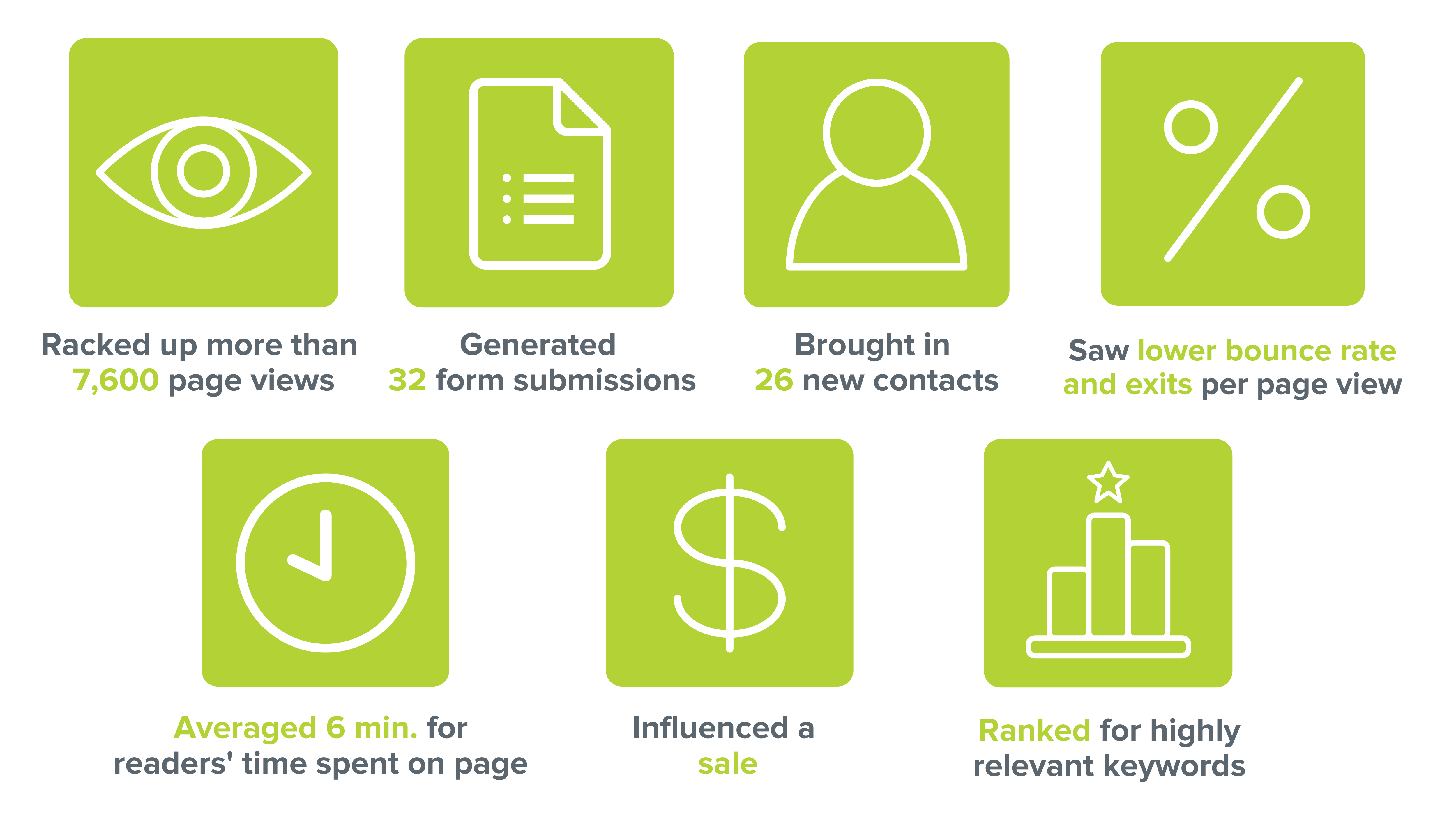
Content Audit Checklist: 3 Key Components of a Content Audit
Content Audit Checklist: 3 Key Components of a Content Audit
Tony Patrick, Director of SEO and analytics, Content & PR Division • Intero Digital • August 2, 2021
A content audit can help you make sure you’re maximizing the potential of your website and the content you’ve already created. But what is a content audit?
Performing an audit of your content involves taking inventory of the content you’ve created and how it’s performing, allowing you to see:
- Trends in existing high-performing content.
- Opportunities for website page improvements.
- Gaps where content is missing on your site.
- Recommendations for future content.
- Suggestions for site structure updates.
Taking a closer look at your content can help you drive better content marketing results by helping you develop new content ideas, pinpoint strategic updates you can make to your existing content, and identify improvements you can make to achieve the specific goals you have for your content strategy.
Content Audit Case Study
Our marketing team performed a content audit and discovered that one of our blog posts from 2014 about pitching content to editors had been performing well a couple of years ago, but over time, keyword rankings began to decline, and organic traffic was going down as a result. Also, even when visitors did land on that blog post, they weren’t clicking on calls to action, and they weren’t sticking around to engage with our other blog content.
Based on our team’s findings during the content audit, we made some updates in February 2021.
For starters, we noticed that we had three similar blog posts that covered the same topic, so instead of splitting traffic across those separate pages, we consolidated the content into one blog post and redirected the other URLs to the updated one. We also added links to other relevant content, added more relevant keywords throughout, optimized the calls to action to be more eye-catching and direct, and added more timely information.
These changes led to some exciting results. Between Feb. 2, 2021, and July 2, 2021, this blog post:

If our team hadn’t performed a content audit and identified updating this blog post as an opportunity to achieve higher conversions and better SEO positioning, we wouldn’t have seen those exciting results.
3 Essential Elements of a Content Audit
If you’re looking to uncover opportunities to improve your content marketing strategy’s effectiveness, a content audit could be the answer. To help you understand what you should be looking at, check out this content audit checklist that outlines three essential components of a content audit:
1. Content inventory
Before you can make changes, you have to take a step back and review what content you have at your disposal and how it’s performing. Make note of the following content marketing metrics for your existing content in terms of website performance, keyword rankings, and other website details:
- Website performance
- Page views
- Entrances
- Average visit duration
- Bounce rate
- Exit rate
- Keyword rankings
- Number of keywords ranking on Page 1
- Total number of ranking keywords
- Website details
- Page titles
- Meta descriptions
- Word count
- Mobile-friendliness
- Page speed
- Backlinks
2. Data analysis
Next, it’s time to analyze the data you collected in the first step to determine how current on-site content and website pages are performing. Take a look at all the information you just compiled and ask yourself these three questions:
- Does it perform well organically from a traffic and keyword perspective?
- Does it perform well on-site (e.g., bounce rate, conversion rate)?
- Do the calls to action perform well?
3. Competitive and gap analysis
Finally, it’s time to compare how your website stacks up against the competition. Look at your top competitors’ websites and ask yourself:
- How is their user experience better or worse than yours?
- Is the landscape of their website easier to navigate?
- What keywords do your competitors rank for that you don’t?
- For what keywords are your competitors ranking higher than you?
- What content topics are your competitors covering that you aren’t?

